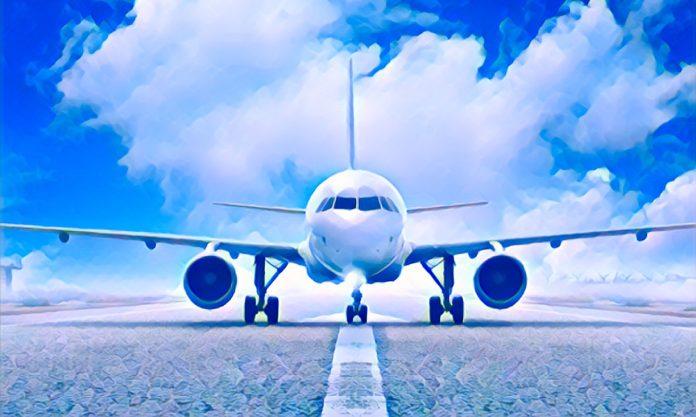KEY POINTS
- The new $11.5 security levy starts December 1.
- NCAA expects to earn about $46 million yearly.
- Experts warn the levy could raise airfares.
Nigeria’s air travellers are set for another round of higher ticket costs as the Nigerian Civil Aviation Authority (NCAA) introduces a new $11.5 security levy beginning December 1, 2025.
The charge, known as the Advance Passenger Information System (APIS), brings the total security fee to $31.50 per ticket. The NCAA projects it could generate roughly $46 million annually, though the measure has sparked concern among passengers and airline operators.
APIS levy aims to boost passenger data control
According to the NCAA, the levy will create a “single window” for airport agencies to collect and process traveller data before arrival. The Nigeria Immigration Service developed the new system to improve border control and streamline passenger screening.
Airlines will collect the $11.5 fee on all tickets sold from December 1, both for inbound and outbound passengers, and remit the proceeds to the NCAA. The regulator insists the levy aligns with International Civil Aviation Organisation (ICAO) standards and global best practices.
The policy, however, exempts infants, diplomats, duty crew, and passengers rerouted due to technical issues or weather conditions.
Industry concerns over multiple taxation
Industry analysts say the APIS levy adds to a long list of existing charges that make Nigerian air travel among the most expensive in Africa. According to the International Air Transport Association (IATA), Nigerian travellers already pay an average of $180 per international trip, 264 percent higher than most African peers.
Analysts like Chris Amokwu argue that the rising levies discourage air travel and hurt the country’s aviation competitiveness. “APIS is a national security programme. Why pass the cost to passengers?” one airline representative said, warning that the move could push more travellers to cross borders by road to catch cheaper flights.
Retired Group Captain John Ojikutu described the charge as “multiple taxation” on travellers, noting that a $20 security levy introduced in 2010 remains in force. The NCAA has yet to clarify whether the old levy will be scrapped.



